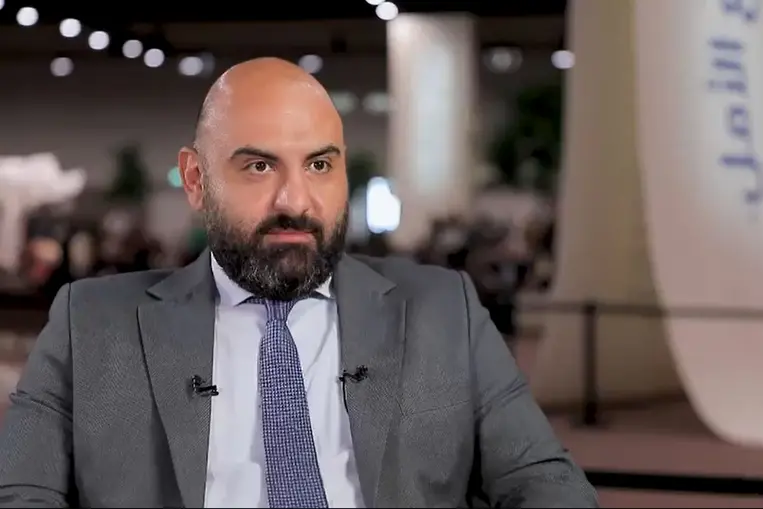PHOTO
DUBAI - Tarek Alkhoury, Regional Coordinator for Climate Change at the United Nations Environment Programme (UNEP's) - West Asia Office, has highlighted that adaptation plans to address climate change require approximately $390 billion annually.
According to the UNEP “Adaptation Gap Report 2023”, which looks at progress in planning, financing and implementing adaptation actions, the adaptation finance needs of developing countries are 10-18 times as big as international public finance flows. This is over 50 percent higher than the previous range estimate.
In a statement to the Emirates News Agency (WAM) during his participation in COP28, Alkhoury expressed concern about the era of “global boiling” in 2023, with temperatures rising by 3 degrees Celsius above normal averages over 86 days, causing storms, floods, and heatwaves. He emphasised that slow and insufficient mitigation measures are worsening the climate crisis.
He added that the UNEP aims to double global efforts for deep emission reduction and increased climate ambition.
Al Khouri praised the positive start of COP28 negotiations in the UAE, particularly the operationalisation of the Loss and Damage Fund. He also called for innovative solutions to surpass 2025 goals.
He also valued the initiative announced by President His Highness Sheikh Mohamed bin Zayed Al Nahyan to establish a US$30 billion fund for global climate solutions, as well as the UAE’s investment of US$100 billion in climate action along with other significant contributions to addressing the climate change.
He also referred to a study indicating that the 55 most climate-vulnerable economies alone have experienced losses and damages of more than US$500 billion in the last two decades. These costs will rise steeply in the coming decades, particularly in the absence of forceful mitigation and adaptation, emphasising the importance of the Loss and Damage Fund as a crucial tool for resource mobilisation.
He pointed out the focus on proactive adaptation, stating that every billion invested in adaptation against coastal flooding leads to a US$14 billion reduction in economic damages. Meanwhile, US$16 billion per year invested in agriculture would prevent approximately 78 million people from starving or chronic hunger because of climate impacts.





















